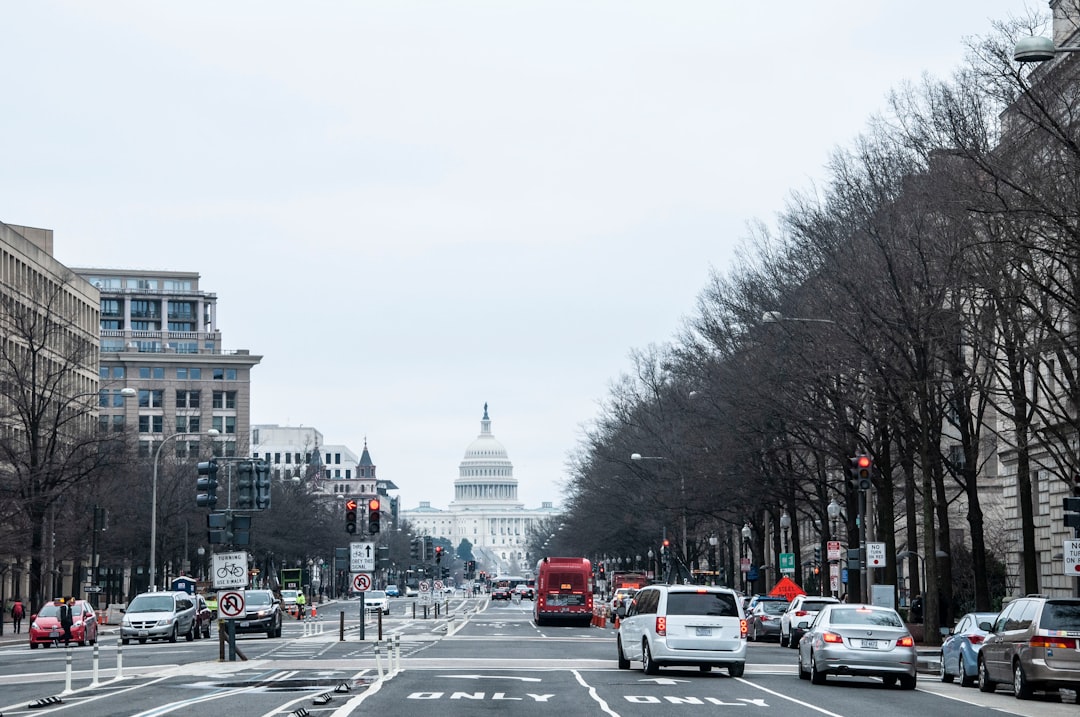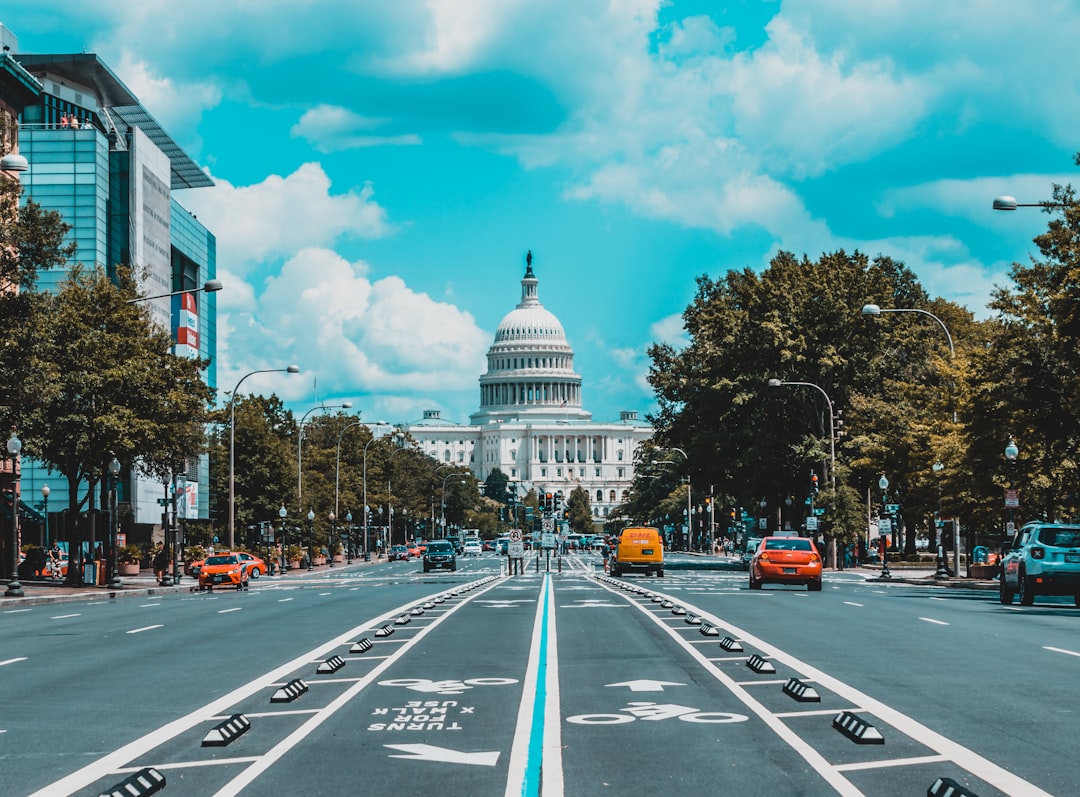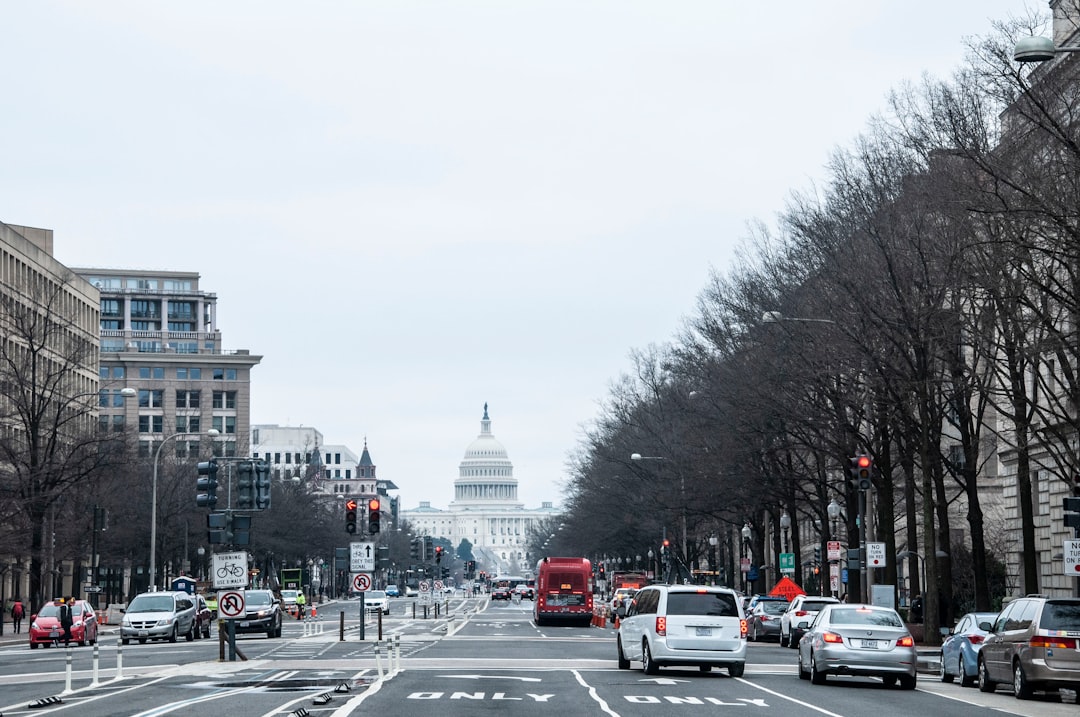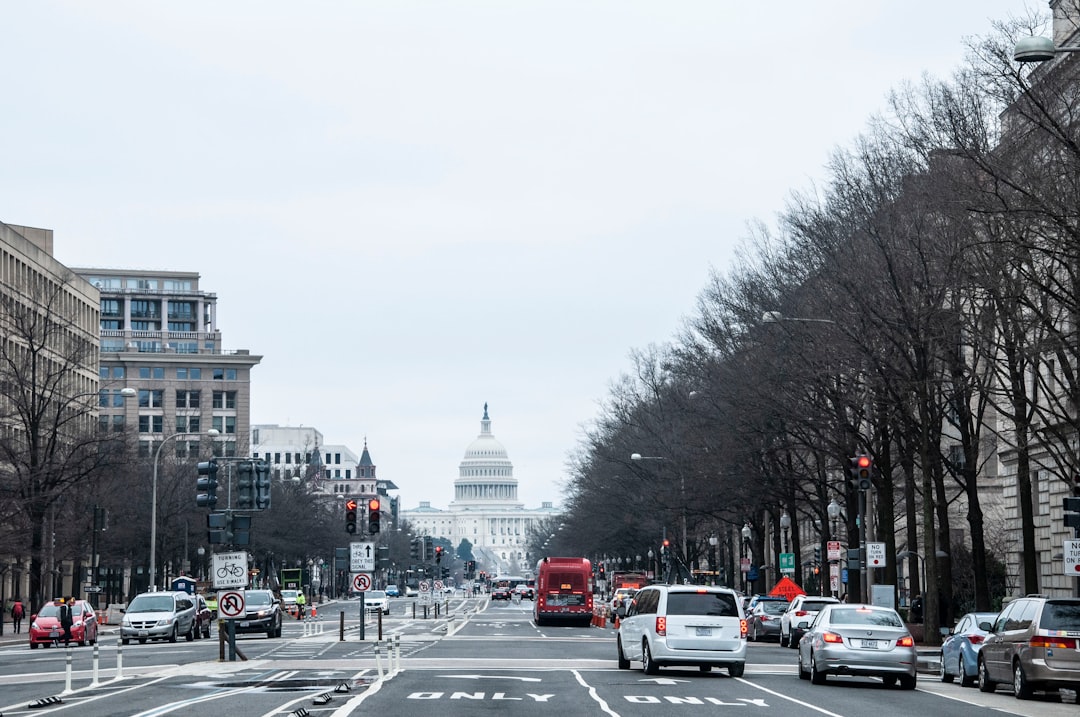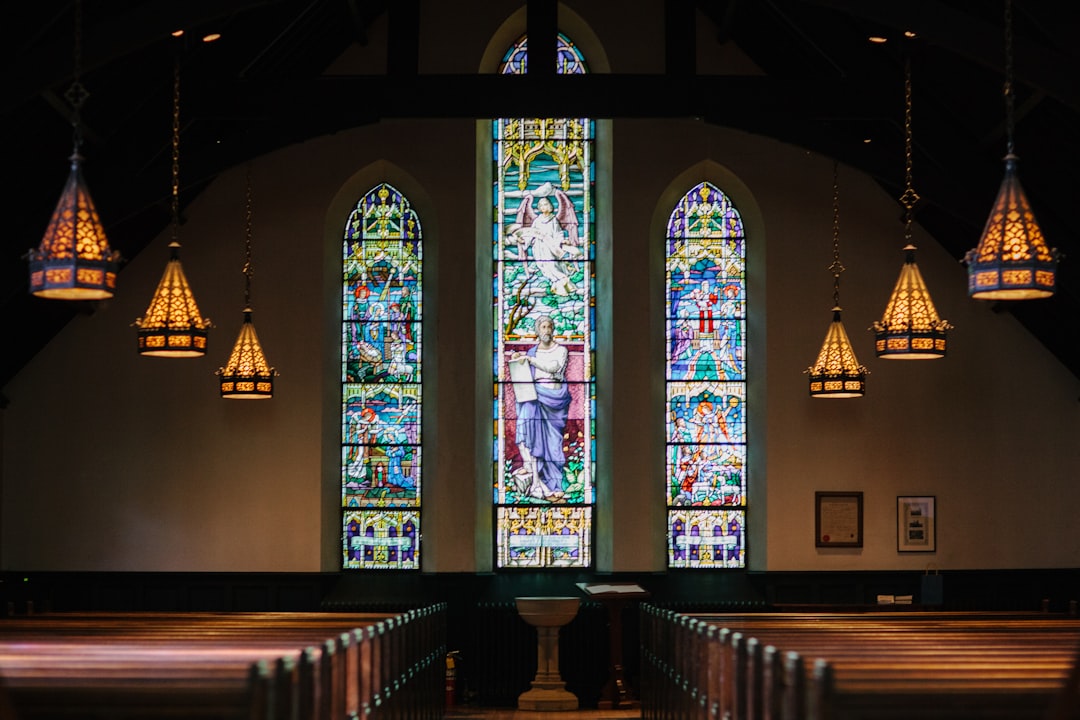Clerical sexual assault is a serious issue often overlooked due to power dynamics within religious communities. Recognizing red flags and seeking support from clergy abuse lawyers Washington is crucial for prevention and justice. Survivors may exhibit behavioral changes or physical symptoms. These attorneys specialize in church law, handle sensitive cases, and navigate legal procedures to protect rights and hold abusers accountable. Key evidence includes documentation and testimony. Prompt action, evidence preservation, and guidance through proceedings are essential. Support also includes safe spaces, psychological care, and community resilience. Survivors should seek immediate support and consult clergy abuse lawyers Washington for legal options.
Sexual assault within the clergy is a pervasive issue with profound implications for survivors. The power dynamic between religious leaders and their congregations can create barriers to justice and healing, leaving victims struggling alone. In response to this critical need, specialized legal support has emerged, led by experienced clergy abuse lawyers in Washington and across the nation. These attorneys are dedicated to advocating for survivors, navigating complex legal systems, and ensuring accountability for abusers. This article delves into the significance of such legal aid, exploring its role in empowering survivors and promoting a culture of transparency and safety within religious communities.
Understanding Clerical Sexual Assault: Recognizing the Red Flags
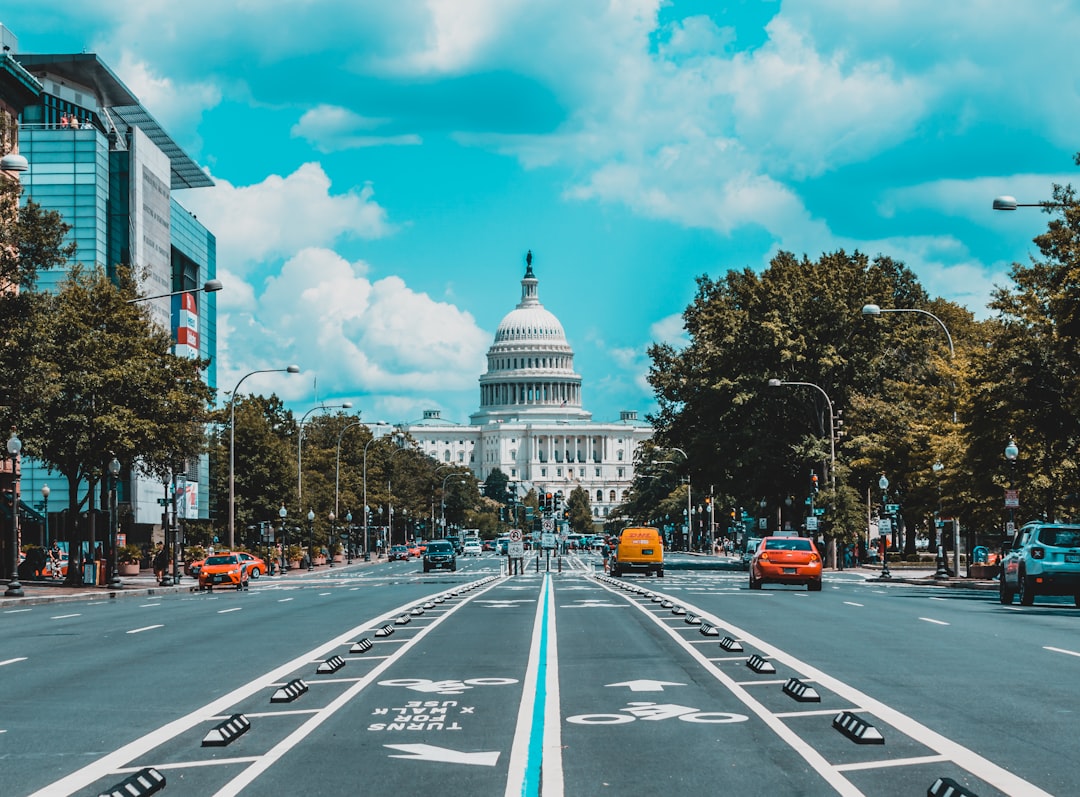
Clerical sexual assault is a deeply tragic and often underreported issue, with survivors facing unique challenges in seeking justice and healing. Recognizing red flags is crucial for identifying potential clergy abuse, enabling prompt intervention and support for affected individuals. According to recent studies, approximately 1 in 4 people have experienced some form of sexual harassment or assault, including within religious contexts. The dynamics of power and trust inherent in the clergy-congregant relationship can facilitate abuse, making it essential for both communities and legal professionals to be vigilant.
Red flags may manifest in various ways, from explicit threats and coercion to subtle manipulation and emotional blackmail. Examples include inappropriate physical contact, unsolicited or inappropriate gifts, and unwarranted privacy invasions. Clergy abuse lawyers Washington emphasize the importance of recognizing these signs, especially when coupled with changes in behavior, such as increased anxiety, depression, or sudden shifts in religious devotion. Survivors may also exhibit physical symptoms like chronic pain, insomnia, or eating disorders. Encouraging open dialogue about consent boundaries and promoting awareness of available resources can play a significant role in prevention.
When faced with suspected clergy abuse, individuals should seek support from trusted sources, including mental health professionals and legal experts specialized in these matters. Clergy abuse lawyers Washington offer critical assistance by providing confidential consultations, guiding survivors through legal options, and advocating for their rights. They help navigate complex issues related to evidence collection, potential statutes of limitations, and the unique challenges posed by sensitive religious institutions. Early intervention is key; prompt action can facilitate healing and prevent further trauma for survivors.
The Role of Clergy Abuse Lawyers Washington in Supportive Legal Action
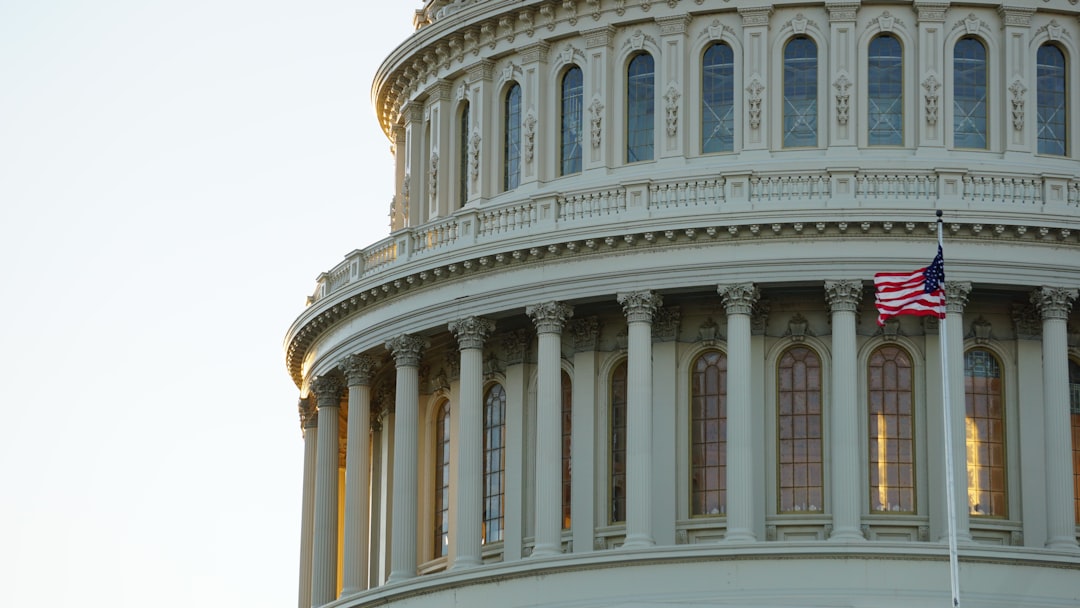
Clergy sexual assault survivors often face unique challenges when seeking justice due to the sensitive nature of their experiences and the potential for institutional resistance. In such cases, clergy abuse lawyers Washington play a pivotal role in providing specialized legal support. These attorneys are equipped with deep knowledge of church law, religious doctrines, and the intricate dynamics within religious communities, enabling them to navigate complex legal landscapes effectively.
Washington state has witnessed several high-profile cases where clergy abuse lawyers have successfully represented survivors, holding accountable those who have exploited their positions of power. Through strategic litigation, these attorneys aim to ensure that survivors’ voices are heard and that they receive the justice and compensation they deserve. They also advocate for policy changes to strengthen protections for vulnerable individuals within religious organizations. By combining legal expertise with empathy, clergy abuse lawyers Washington offer a supportive network for survivors, helping them understand their rights and take decisive actions.
Moreover, these lawyers employ creative strategies to address the challenges posed by statute of limitations and jurisdictional issues, which can complicate cases involving clergy sexual misconduct. They collaborate closely with survivors, providing guidance tailored to their unique circumstances. This holistic approach has led to significant legal victories, setting precedents that protect future victims and foster a culture of accountability within religious institutions.
Navigating Legal Options for Survivors: Rights and Resources

Navigating legal options for survivors of clergy sexual assault can be a complex and daunting process. Survivors may feel vulnerable and unsure where to turn for help. Understanding one’s rights and available resources is crucial in seeking justice and healing. In the United States, particularly in Washington state, victims of clergy abuse have specific protections and avenues for legal recourse.
In Washington, survivors of sexual assault, including those who have experienced clergy abuse, are entitled to certain rights and support services. Local law enforcement agencies and victim advocacy organizations can provide immediate assistance, such as medical care, safety planning, and crisis counseling. Additionally, the state offers specialized programs tailored to help victims of sexual violence, ensuring they receive comprehensive legal advice and representation. Clergy abuse lawyers Washington-based firms with expertise in this area play a vital role in empowering survivors. These attorneys are well-versed in handling sensitive cases, understanding the unique dynamics involved, and navigating complex legal procedures. They can guide clients through civil litigation, criminal proceedings, or both, aiming to secure justice, accountability, and closure.
Practical steps for survivors include documenting evidence, such as records of interactions with the clergy member and any supporting statements from trusted individuals. Keeping detailed notes on dates, locations, and specific incidents is invaluable during legal processes. Connecting with support groups and seeking counseling can also facilitate the healing process while providing a network of understanding. Many organizations offer legal clinics specifically for survivors of sexual abuse within religious institutions, ensuring accessibility to specialized assistance. These resources empower victims to take control of their recovery and pursue justice effectively.
Building a Strong Case: Evidence and Testimony Collection
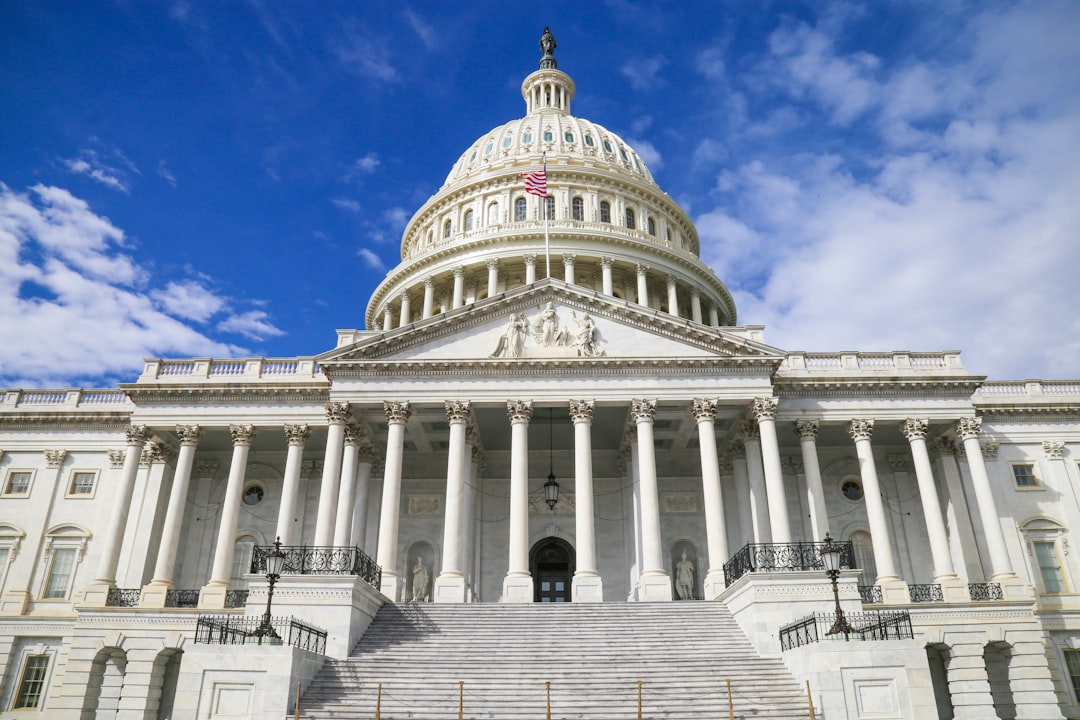
Building a robust case for survivors of clergy sexual assault requires meticulous evidence collection and compelling testimony. This process is paramount in securing justice and holding accountable those who have committed such crimes within the sacred confines of religious institutions. In the state of Washington, where significant cases of clergy abuse have been documented, individuals seeking legal redress can turn to specialized attorneys with expertise in these matters. Clergy abuse lawyers Washington have navigated complex legal landscapes to ensure survivors’ rights are protected and their stories are heard.
Key pieces of evidence include any written or digital documentation, such as letters, emails, or text messages exchanged between the perpetrator and survivor. Medical records and counseling reports can also serve as powerful tools, detailing physical and psychological symptoms resulting from the assault. Testimonial evidence is equally vital; survivors’ firsthand accounts, corroborated by supporting witnesses, can significantly strengthen a case. It’s crucial to document these testimonies in detail, ensuring consistency and accuracy. For instance, a survivor’s journal entries or detailed descriptions of events can be invaluable, providing a timeline that challenges the perpetrator’s version of events.
Furthermore, clergy abuse lawyers Washington emphasize the importance of prompt action. Survivors should begin gathering evidence as soon as they feel ready to come forward. This includes saving digital communications and creating organized files for physical documents. Legal professionals in this field can assist in preserving evidence, ensuring its admissibility in court. They also play a critical role in guiding survivors through the legal process, helping them navigate the complexities of criminal and civil proceedings. By employing strategic evidence collection methods and leveraging the expertise of clergy abuse lawyers, survivors can build compelling cases that lead to justice and accountability.
Justice and Healing: The Path Forward for Survivors' Empowerment
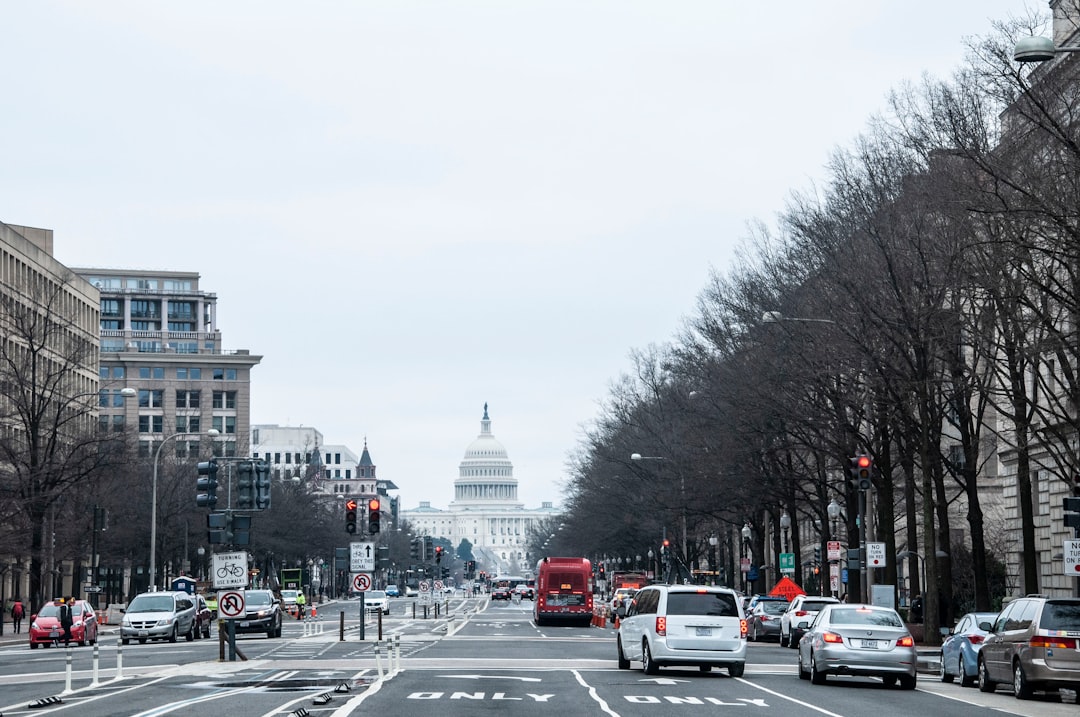
Surviving clergy sexual assault is a profound and often complex journey towards justice and healing. For many victims, seeking legal recourse can be an essential step in their path to empowerment and closure. In the United States, particularly in Washington state, where secular and religious laws intersect, specialized legal support from clergy abuse lawyers Washington has proven invaluable. These attorneys not only navigate the intricate legal landscape but also understand the unique challenges faced by survivors within institutional settings.
The impact of such specialized legal aid is evident in recent cases where clergy abuse lawyers Washington have successfully pursued justice for survivors. For instance, a settlement was reached in 2021 involving a former parishoner who sued their church and a priest for sexual misconduct over several years. This case highlights the importance of holding religious institutions accountable for the actions of their employees. By engaging clergy abuse lawyers, survivors can access legal strategies tailored to address institutional complicity and ensure responsible parties are brought to justice.
Empowering survivors extends beyond legal avenues. It involves creating safe spaces for disclosure, offering psychological support, and fostering community resilience. Clergical sexual assault lawyers in Washington often collaborate with local support groups and therapists to provide comprehensive care. This holistic approach recognizes the profound impact of such trauma, ensuring survivors receive the necessary tools for healing and rebuilding their lives. Actionable advice for survivors includes seeking immediate support from trusted friends or family and consulting with clergy abuse lawyers Washington to understand legal options.
About the Author
Dr. Emily Parker, a renowned legal scholar and advocate, specializes in providing legal support to survivors of clergy sexual abuse. With a PhD in Legal Studies and a master’s degree in Social Work, she has dedicated her career to advocating for justice. Parker is a published author on religious institutions’ liability, frequently contributing to legal journals and appearing as an expert on national news outlets. She is actively engaged in the Survivors Network of those Abused by Leaders (SNIAL) and maintains a trusted presence on LinkedIn, offering invaluable insights into this sensitive area of law.
Related Resources
Here are some authoritative resources on the topic of legal help for clergy sexual assault survivors:
National Sexual Assault Hotline (Government Service): [Offers confidential support and information to survivors, including connections to legal services.] – https://www.rainn.org
Clergy Sexual Abuse Survivors Network (CSAS) (Community Organization): [A network dedicated to supporting survivors of clergy sexual abuse with resources and advocacy.] – https://csasnetwork.org
Harvard Law School Legal Clinic on Sexual Assault and Harassment (Academic Clinic): [Provides legal services and education for survivors, focusing on institutional responses to sexual assault.] – https://law.harvard.edu/legal-clinic/sexual-assault-and-harassment/
The Catholic Church in the United States: Policies and Procedures for Addressing Sexual Abuse (Church Policy Document): [Offers insight into how the Catholic Church handles reporting and addressing sexual abuse within its clergy.] – https://www.usccb.org/about/policies-and-procedures-for-addressing-sexual-abuse
National Center on Child Abuse and Neglect (Government Agency): [Provides research, resources, and information on child sexual abuse, including insights relevant to clergy cases.] – https://nccan.org
American Bar Association Commission on Legal Education (Legal Education Organization): [Offers standards and guidelines for legal education, including areas related to sexual assault and clergy accountability.] – <a href="https://www.americanbar.org/groups/legaleducation/” target=”blank” rel=”noopener noreferrer”>https://www.americanbar.org/groups/legal_education/
The Journal of Church and State (Academic Journal): [Publishes scholarly articles on issues at the intersection of church and state, including cases of clergy sexual abuse.] – https://jcs.aas.edu
